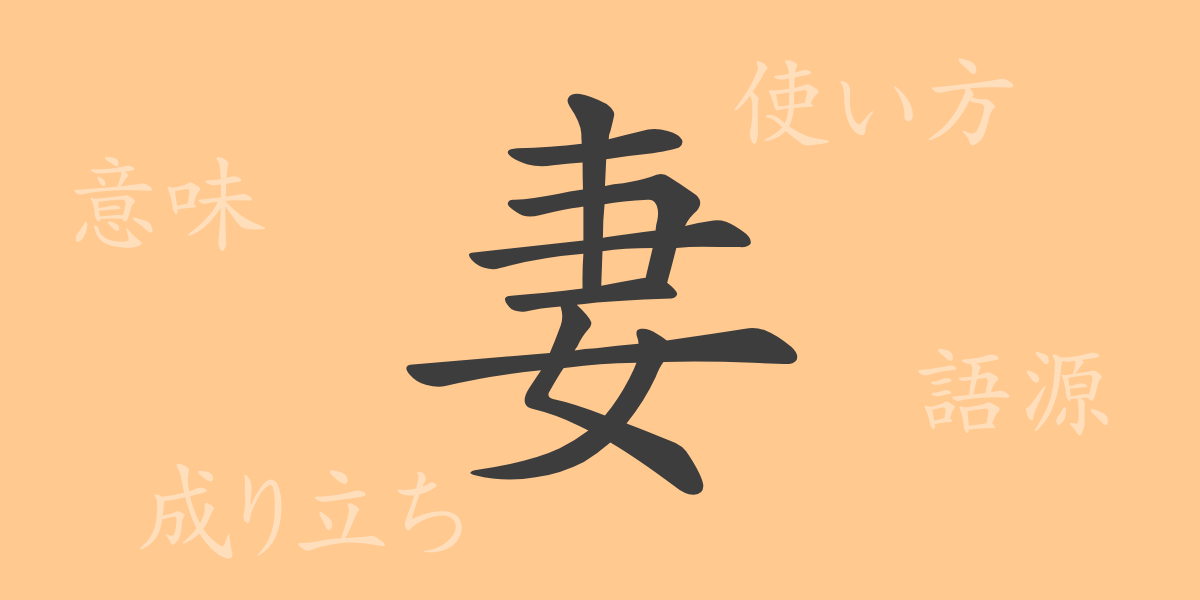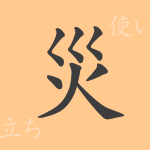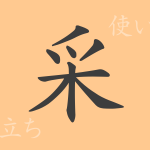In Japanese culture, the word “妻” (tsuma), which symbolizes the household, carries a deeper meaning than just being a term. This article delves into the kanji “妻” (tsuma), exploring its etymology, modern usage, readings, and related idioms to uncover the depth of the Japanese language. For everyone who cherishes family, this kanji might evoke special emotions.
Etymology of 妻 (tsuma)
The kanji “妻” (tsuma) is said to have developed from pictographs in ancient China. Originally derived from a pictograph representing a woman entering a household upon marriage, it evolved into its current form over time. This kanji symbolizes the important role a woman plays in a new family, encompassing the values of bond and cooperation.
Meanings and Usages of 妻 (tsuma)
“妻” (tsuma) is generally used to refer to a married woman, specifically a spouse. In Japan, it is frequently used when referring to marital relationships and appears in metaphorical expressions and respectful phrases. While the term “配偶者” (haigūsha, spouse) is used in legal documents and formal settings, “妻” (tsuma) is commonly used in everyday conversations.
Reading, Stroke Count, and Radical of 妻 (tsuma)
The kanji “妻” (tsuma) has several variations in readings in Japanese.
- Reading: In the on’yomi reading, it is read as “サイ” (sai), and in the kun’yomi reading, it is read as “つま” (tsuma).
- Stroke count: It consists of a total of 12 strokes.
- Radical: The radical is 女 (onnahen, meaning woman).
Idioms, Phrases, and Proverbs Using 妻 (tsuma) and Their Meanings
There are many idioms, phrases, and proverbs in Japanese that include “妻” (tsuma). For example, “良妻賢母” (ryōsai kenbo) describes the ideal wife and mother, “妻子持ち” (saishimochi) refers to a man with a family, and “妻帯者” (saitaisha) means a married person. These expressions reflect the roles and relationships of people in the household and society, showcasing Japanese culture and values.
Conclusion on 妻 (tsuma)
The kanji “妻” (tsuma) is an important word symbolizing the role of women in the household and society. From its origins to modern usage and the idioms it includes, the meaning of this single character is profound and multifaceted. As a word in the Japanese language, “妻” (tsuma) continues to resonate in people’s hearts as a symbol of love, responsibility, and bonds.

























